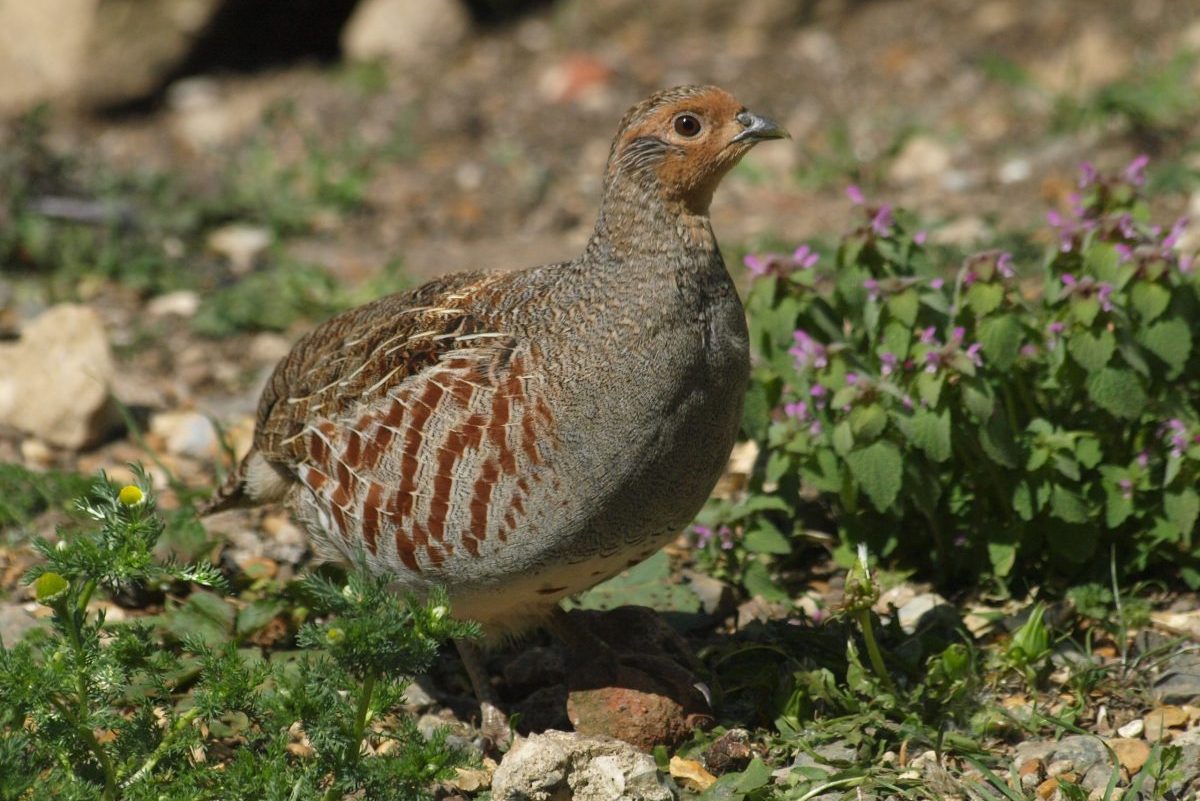Is farming to blame for Europe-wide bird decline?
There are 550 million fewer birds on the continent than there were 40 years ago, with research suggesting that agriculture is the main culprit

Grey partridges are among the species impacted by agricultural practices
Intensive agriculture has long been suspected of being the major cause of the catastrophic decline in bird numbers across Europe. Now, a new study, published in the journal PNAS, provides conclusive evidence that this is the case. The study looked at 170 common bird species, monitored at more than 20,000 sites in 28 European countries, over 37 years. (Read how can we save the curlew?)
It concluded that agricultural intensification, in particular the much increased use of pesticides and fertilisers, is the main pressure for most bird population declines, especially for those species that depend largely on insects.
The study concentrates on what it terms anthropogenic changes — changes resulting from the influence of human beings on the environment. Though the study also considered urbanisation, forest cover and climate change, it found that it was agricultural practices that was by far the most detrimental to bird numbers.
The findings confirmed that the number of wild birds of all species across the continent has fallen by more 25% since 1980, but for farmland species the decline is far worse, averaging 57%. Though the study makes no criticism of the EU’s common agricultural policy, it is widely believed to have had a hugely negative impact on bird populations. The fact that there are now 550 million fewer birds in Europe than there were four decades ago is an alarming statistic. The study stresses the urgent need for change to allow bird populations to recover.
Patrick Laurie, who manages a farm in Galloway, remarked: “The findings confirm a wider sense that something is going badly wrong for biodiversity in modern farmed landscapes. We all need food to eat, but we have to improve the way these landscapes are managed to accommodate a broad spread of birds, insects and mammals.
“In the UK, some of the best conservation work is being driven by progressive, forward-looking farmers who are taking a wider view on food production. These farmers recognise the tremendous importance of nature in farming, and they demonstrate that even small changes in agricultural systems can make a big difference for wildlife.”








